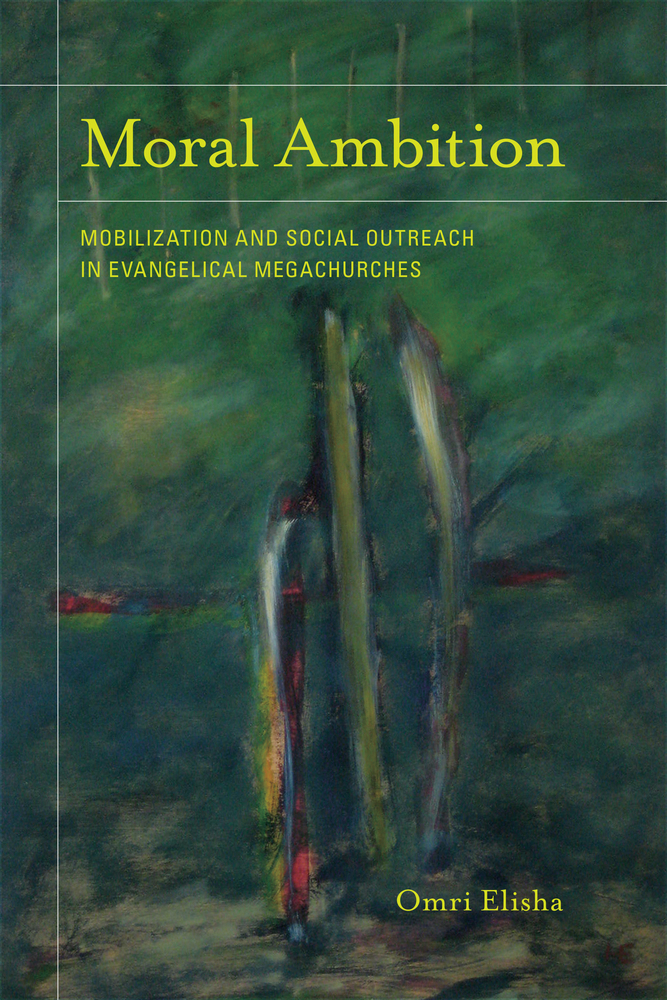
Not long after graduating from college in 2005, I interviewed students on campus about their involvement in community service. All of them said that they spent less time doing community service in college than in high school, and most of them said that they felt disappointed or even guilty that this was the case. All of them had difficulty articulating why this shift had occurred. No one claimed a lack of opportunity or motivation, but two main barriers emerged. The predominant factor was about structuring time (as seems to be the case for most stresses in college life). One student noted that extracurricular activities, even the service-​​oriented ones, tended to be so organized that they required lots of time to participate; it seemed hard to find a service project that didn’t entail a weekly or regular commitment. Some said that social activities within the Christian fellowship consumed most of their scheduled time for extracurricular activities with the unfortunate consequence of squeezing out community service. One student said that he felt schoolwork was so intensive and pervasive that he “needed all the down time he could get” in order to maintain sanity and that, while community service was a good and worthwhile extracurricular, it wasn’t the best way to relax. Time spent with people in the Christian fellowship served a cathartic purpose in helping to de-​​stress with friends, focus on spiritual development, and restore a proper perspective and context for academics. However, even that time was rarely dedicated to service.
It should not come as a surprise that many college students feel a vague sense of dissatisfaction when it comes to the exercise of “compassion.” In the university, we become acutely aware of how unaware we are about the world’s condition and its disparities. We walk through the student center and pass by fundraisers for starving and abused children while on our way to eat buffet-style in dining halls. We pass by flyers about discussions on poverty and structural violence while on our way to formal parties and dinners. We may take on one or two causes with passion, but our knowledge of the world’s needs easily outstrips and exhausts our available time to do something about it. We feel guilty over not doing or caring “enough” about the throngs of causes and crises crying out for our attention, but when pressed for a response we sheepishly (or angrily) confess that we don’t even know where to begin. What is compassion and what does it mean to live compassionately? Which causes should we devote ourselves to? To whom should we show compassion? How does it relate to evangelism? How does it relate to daily life? How much time can we afford to spend exclusively on acts of compassion? Our spiritual instincts sense that mere participation in a fundraiser or attendance at a lecture is woefully inadequate, yet no one can tell us exactly what “adequate” means.

Omri Elisha’s book, “Moral Ambition” moves in the direction of exploring these questions (as in this ESN post), but it notably does not address the unique environment and culture of the college campus. Recent years have seen a dramatic change in the social acceptability and integration of community service/mercy ministries into Christian fellowships. During my college years, the major cause was support for the victims of the Southeast Asian tsunami. Even InterVarsity’s massive missions conference (Urbana) has, in the past decade, seen an explosion in focus and interest in these areas. Sharon Cohn’s riveting testimony, representing the work of the International Justice Mission, ignited a passion for justice and an awareness of child sex trafficking for thousands of college students at Urbana ’06 (and is worth every bit of its 15 minutes). InterVarsity’s urban projects are, from my estimation, an incredibly popular and fruitful opportunity to explore inner city ministry and urban life.
However, despite an increasing thirst and aptitude for social change among college students, it often leaves them even more unsettled and uncertain about its integration with daily life, mainly because of the questions it leads to . . . questions that are rarely addressed directly from the pulpits of their home churches and congregations.
For example:
- How can a good and loving God permit such incredible evil to take place?
- In cultural conflicts where there is no clear rule of law, how do we determine whose justice is right?
- Are Christian aid organizations in “competition” with secular ones?
- Is it healthy for Christian groups to partner with secular ones? What if the partnership is limited to material aid alone?
- How can Christian humanitarian aid be delivered without being coercive?
- How do we prioritize which causes are “more deserving” of attention?
- Should service be seen as an optional/ancillary activity to the life of a fellowship? Can it be made central?
- Should Christian campus groups advocate for political change or platforms if they further a specific cause?
- Does a focus on humanitarian aid distract from evangelism, or is it a subtype/extension of it?
In the marketplace that is the university public square, what should be the approach of Christian fellowships to “doing good”?
David graduated from Princeton University with a degree in Electrical Engineering and received his medical degree from Rutgers – Robert Wood Johnson Medical School with a Masters in Public Health concentrated in health systems and policy. He completed a dual residency in Internal Medicine and Pediatrics at Christiana Care Health System in Delaware. He continues to work in Delaware as a dual Med-Peds hospitalist. Faith-wise, he is decidÂedly Christian, and regarding everything else he will gladly talk your ear off about health policy, the inner city, gadgets, and why Disney’s Frozen is actually a terrible movie.

Leave a Reply